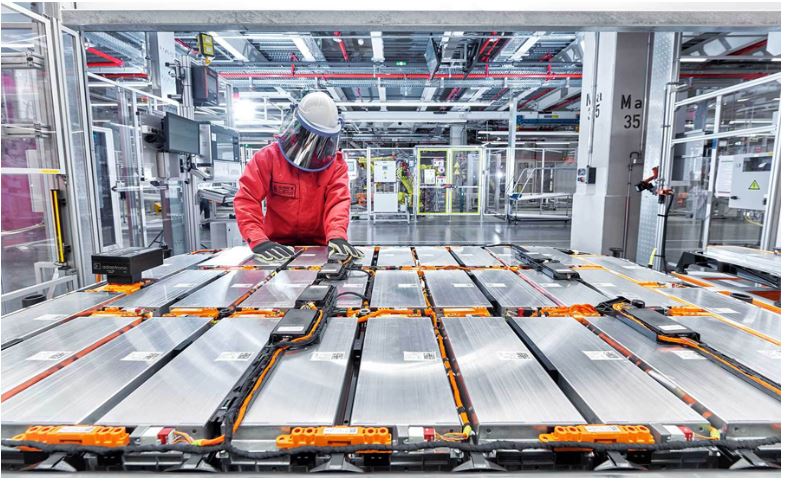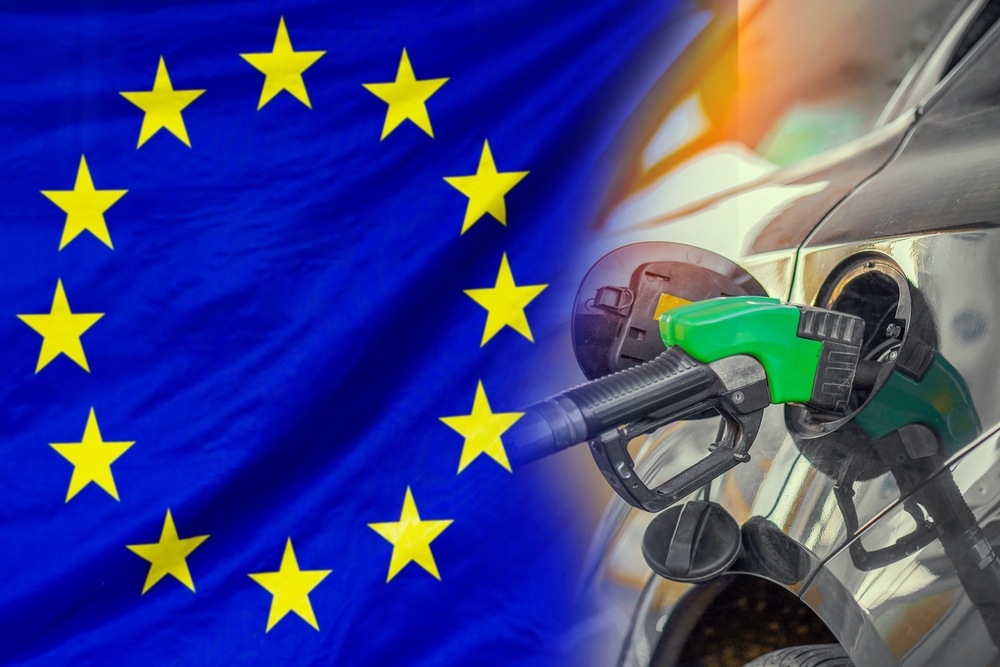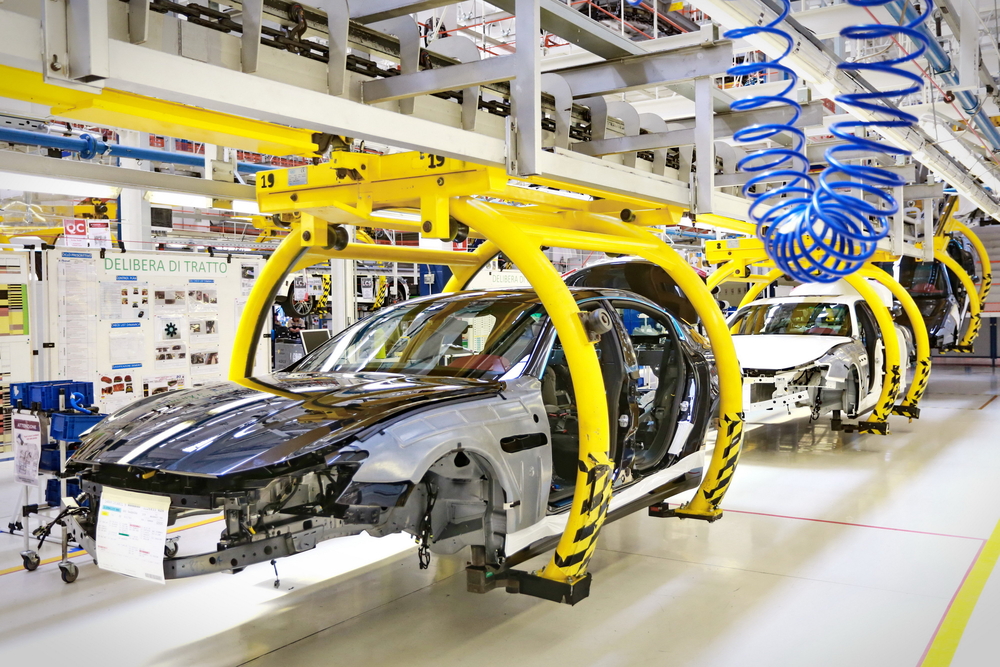The EV Transition: Is the UK Auto Industry Being Left Behind?
The electric vehicle (EV) revolution is upon us, raising significant questions about the UK auto industry challenges. While the government aims to promote green technologies and reduce carbon emissions, the transition seems to be sidelining traditional manufacturers. In this article, we’ll uncover the obstacles, implications, and potential pathways to revitalise the UK auto sector in an era increasingly dominated by electric vehicles.
Understanding the Current Landscape
A Historical Perspective on UK Manufacturing
The UK auto industry has a rich history, with brands like Vauxhall, Jaguar, and Mini being household names. However, the sector has faced considerable challenges over the years:
- Brexit Impacts: The exit from the EU has created supply chain disruptions.
- Energy Costs: Sky-high energy prices have made local manufacturing less competitive.
- Technological Shifts: The urgent move towards electrification has left some manufacturers struggling to adapt.
Current Events: A Wake-Up Call
Recently, news about Vauxhall’s Luton plant closure hit hard. This facility has been part of the community for over a century and now faces uncertain futures. The reality is stark—over 1,100 jobs are at risk, and the consequences could be devastating for a town that historically thrived on automotive manufacturing.
The Decline in Vehicle Production
Statistics Tell a Story
The figures paint a grim picture: UK car output dropped 15% in October*, marking the eighth consecutive month of decline. *SMMT
- It’s not just Vauxhall; Ford announced it would cut 800 roles in the UK by 2027.
- Nissan and Stellantis have signalled potential job cuts linked to the shift towards zero-emission vehicles.

Cheaper battery production
What’s Driving This Decline?
The downturn in production and employment can be attributed to several factors:
- Decreasing Demand for Combustion Engines: Consumers are shifting towards electric alternatives.
- Manufacturers Caught Off Guard: Many struggle to meet government targets for EV Production.
- Increased Competition from Abroad: Chinese manufacturers are making strides in the market with affordable EVs.
Government Mandates and Industry Challenges
The Zero-Emission Vehicle (ZEV) Mandate
The UK has set ambitious targets under the ZEV mandate. The goal is for 22% of new cars sold in 2024 to be zero-emission, rising to 80% by 2030. These targets are essential for reducing carbon emissions but have significant challenges for domestic manufacturers.
A Double-Edged Sword
- Incentives Needed: The government has been slow to offer substantial incentives for manufacturers.
- Pressure on Automakers: Motor Companies face penalties for non-compliance, risking hefty fines of up to £15,000 per vehicle.
The Need for Comprehensive Policy Support
Former Aston Martin CEO Andy Palmer emphasised the requirement for government intervention, which includes:
- Financial Incentives: Cutting VAT on EVs to boost sales.
- Skills Training Programmes: Ensuring workers are equipped for the evolving job market.
- Investment in Battery Production: Attracting funds to build battery factories in the UK.
The Road Ahead for UK Automakers
Opportunities in the EV Market
Despite the challenges, opportunities abound for manufacturers willing to innovate. Nissan, for instance, has pledged £2 billion to ramp up EV production at its Sunderland facility.
Key Strategies for Success
- Partnerships: Collaborating with tech firms to enhance EV technology.
- Diversification: Expanding beyond traditional combustion-engine vehicles.
- Investment in Infrastructure: Building a robust EV charging network to support the transition.
Maintaining Competitive Edge
To maintain a competitive edge in the EV market, UK manufacturers must focus on:
- Reducing Production Costs: Streamlining operations and leveraging technology.
- Enhancing Product Appeal: Developing attractive, cost-effective EVs that resonate with consumers.
- Exporting Strengths: Advocating for policies that allow UK-manufactured EVs to meet global demands.
Community Response and Worker Sentiment
The Human Cost of Transition
The potential closure of the Luton plant reflects broader anxieties about job security in the auto industry. Local residents and former employees like Tony Vitty express deep concern—the risk of Luton becoming a “ghost town” is palpable.
Mobilising for Change
Local representatives, including MPs, are joining workers to strategise on preserving jobs. Community sentiment speaks to a larger issue: how do we balance environmental targets with economic stability?
Conclusion: Navigating a Turbulent Future
The stakes are incredibly high as the UK auto industry grapples with the challenges of transitioning to electric vehicles. While policies are essential for fostering innovation, immediate action is needed to secure jobs and bolster the economy. We must ask ourselves: can the UK reclaim its position as a leader in the automotive sector, or will it succumb to the pressures of the global market?
Summary
The UK auto industry’s journey is fraught with challenges and opportunities. By addressing current obstacles, fostering innovation, and supporting local communities, there is a path forward that embraces the future of electric vehicles and preserves the rich history and economic vitality of the UK’s automotive sector.
FAQs
1. What are the main reasons for the decline in the UK auto industry?
The decline can be attributed to Brexit impacts, high energy costs, and a rapid shift towards electric vehicles, which many manufacturers are struggling to adapt to.
2. How does the UK government plan to support the transition to electric vehicles?
The government has set ambitious targets under the ZEV mandate and is considering financial incentives and training programs to support manufacturers and workers.
3. What is the ZEV mandate, and why is it significant?
The Zero-Emission Vehicle mandate outlines specific sales targets for electric vehicles in the UK, which aim to reduce carbon emissions and promote sustainable transport.
4. Can UK manufacturers compete with foreign EV manufacturers?
With the right investments, partnerships, and policy support, UK manufacturers can enhance their competitiveness against foreign EV brands, particularly from China.
5. What can communities do to support the auto industry during this transition?
Communities can advocate for policies that protect jobs, support skills training initiatives, and work with local governments to attract investment in EV infrastructure.
- The Peugeot 408: A Premium Hybrid That Stands Out - December 18, 2024
- UK Auto Industry Challenges Amid EV Transition - December 11, 2024
- EV Charging Costs in AA Report for October 2024 - December 6, 2024



